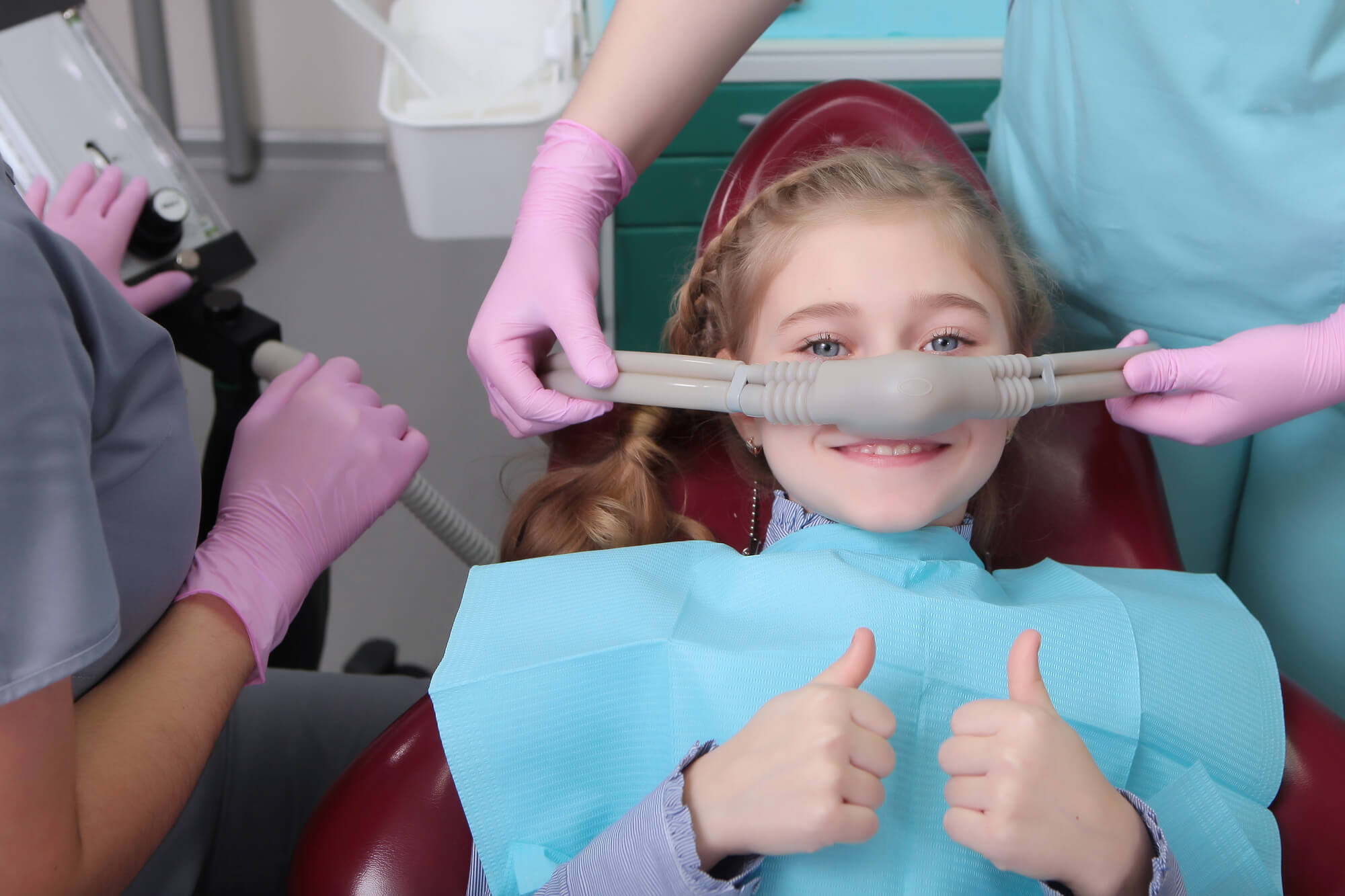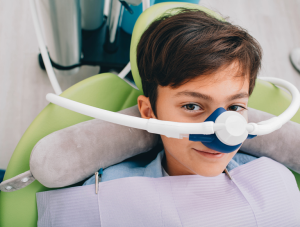Dental Sedation to Ensure Your Comfort at Jupiter Dentistry
Ideally, dental sedation is designed to make patients less anxious and more cooperative during dental appointments. While sedation dentistry can be received as young as two years old, practitioners of sedation must have the necessary skills to administer such a procedure. These guidelines will help you understand the different levels of sedation and its effects on different age groups.
If you’re looking for a sedation dentist in Jupiter, get started with our team today. Contact Dr. Cabanzon at (561) 575-5599.
What Is Sedation Dentistry?
Sedation dentistry involves using medications to help patients feel calm and relaxed during dental treatments. Common types include:
- Nitrous Oxide (Laughing Gas): A mild sedative inhaled through a mask.
- Oral Sedation: A pill taken before the appointment.
- IV Sedation: Administered through a vein for deeper sedation.
Sedation Dentistry for Kids
Should Kids Be Sedated for Dental Work?
Having children behave during a dental procedure can be a challenging feat for a dentist. If a child’s behavior during a procedure can’t be predicted, light to minimal forms of sedation can be administered to relieve pain and anxiety.
To allow the safe completion of a procedure, our Jupiter dentist and the parent should make careful preparations before and after the scheduled treatment. Preparing the patient helps reduce the risks involved, especially in younger patients.
What Type of Sedation Is Often Used for Kids?
Laughing gas or nitrous oxide is often used by dentists during oral surgery. This sedative will help your child remain calm and relaxed during their dental procedures. Most of the time, laughing gas doesn’t make the patient sleep as it only relaxes the mind and muscles.
How Safe Is Dental Sedation?
While sedation works differently depending on who is on the receiving end. It’s generally safe and harmless for both children and adults alike. Dental sedation has come a long way since there are plenty of dentists today who can administer this procedure without fail. To further boost the confidence of patients in this procedure, dentists are required to prepare emergency measures during emergencies.
To avoid complications, the parent and the dentist should discuss the different factors that could affect the procedure. Certain patients who have underlying medical conditions such as sleep apnea, obesity, and gum disease are more prone to complications as compared to healthier patients.
How Long Does Dental Sedation Last?
The effects of dental sedation last around two to eight hours depending on the level of sedation received by the patient. After you wake up or after the dental procedure, the effects of the sedation will start wearing off after half an hour or so.
Some effects that a patient would feel after sedation are lightheadedness, drowsiness, and sluggishness. The patient needs to have someone to accompany and transport them back home after the procedure.
Knowing Your Dental Sedation Alternatives
Depending on what type of dental procedure your child will undergo, sedation isn’t always used to control your child’s behavior. For brief procedures, such as loose tooth extraction or tooth cleaning, sedation is often not considered and only an anesthetic drug is used.
Are You Interested in Learning More About Sedation Dentistry?
If you want to learn more about sedation dentistry and how it can affect your body, our dedicated dentists can guide you through the operation. At Jupiter Dentistry, we want you to feel safe and secure during your stay with us. Schedule an appointment today by calling our Jupiter dentist at (561) 575-5599 to learn more about our services.

